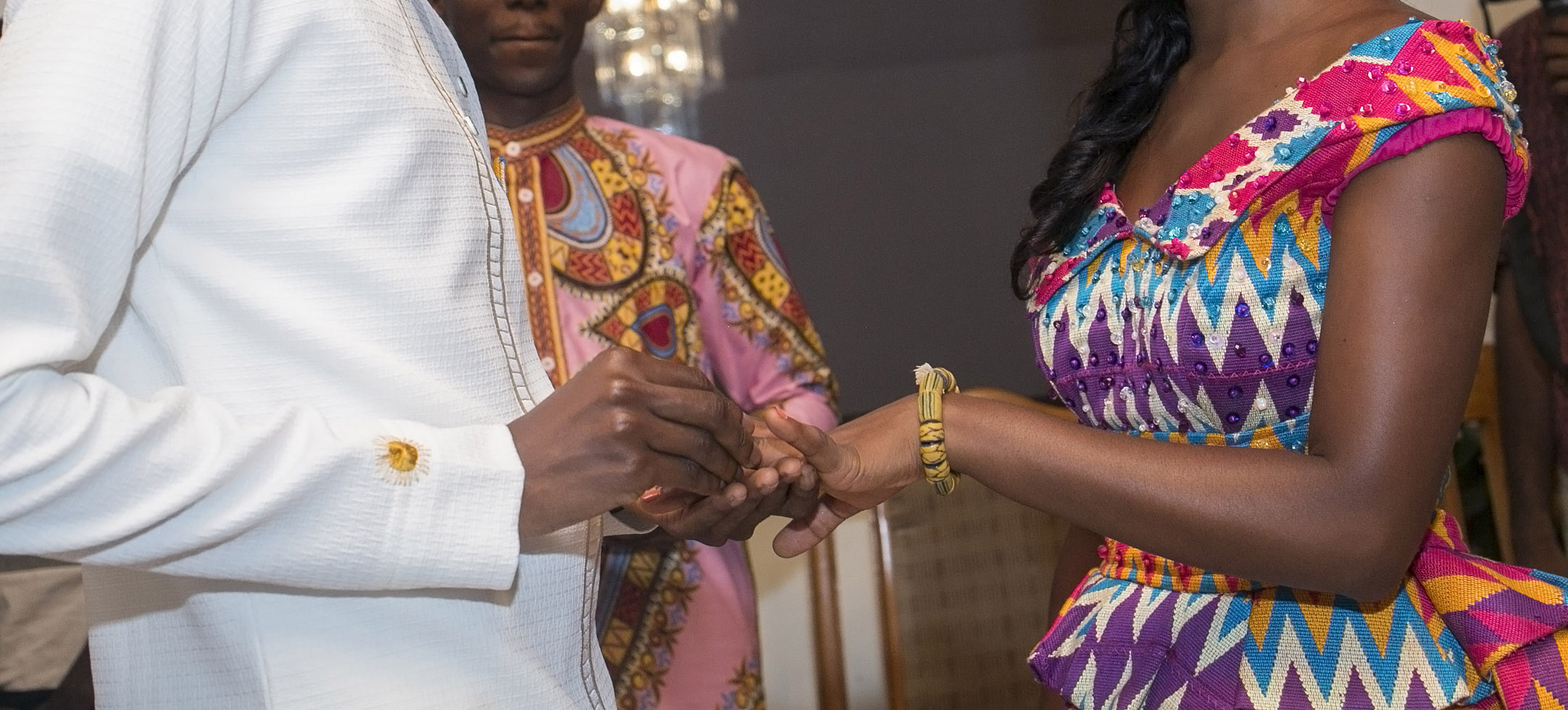TEXT: Luke 6:1-11
Now it happened on the second Sabbath after the first that He went through the grainfields. And His disciples plucked the heads of grain and ate them, rubbing them in their hands. 2 And some of the Pharisees said to them, “Why are you doing what is not lawful to do on the Sabbath?”3 But Jesus answering them said, “Have you not even read this, what David did when he was hungry, he and those who were with him: 4 how he went into the house of God, took and ate the showbread, and also gave some to those with him, which is not lawful for any but the priests to eat?” 5 And He said to them, “The Son of Man is also Lord of the Sabbath.”6 Now it happened on another Sabbath, also, that He entered the synagogue and taught. And a man was there whose right hand was withered. 7 So the scribes and Pharisees watched Him closely, whether He would heal on the Sabbath, that they might find an accusation against Him. 8 But He knew their thoughts, and said to the man who had the withered hand, “Arise and stand here.” And he arose and stood. 9 Then Jesus said to them, “I will ask you one thing: Is it lawful on the Sabbath to do good or to do evil, to save life or to destroy?” 10 And when He had looked around at them all, He said to the man, “Stretch out your hand.” And he did so, and his hand was restored as whole as the other. 11 But they were filled with rage, and discussed with one another what they might do to Jesus.

The Clash of Traditions
A study of the passage above reveals the fact that God is a progressive God who is not stuck in history, boxed in the past or held down by the traditions of men. Being very aware of every individual situation, He did not punish David and his companions for breaking the Mosaic law. Similarly, Jesus healed many on the Sabbath, incurring the wrath of the Jews, because it broke their man-made rules. Clearly, upholding their traditions was of more importance to them than the miraculous healing of a paralytic.
We observe in the Old Testament, that having been slaves in Egypt for over 400 years, Israel was so used to the heathen customs of the Egyptians that they complained bitterly in the wilderness and opposed the change God was bringing. On numerous occasions the scribes and Pharisees also confronted Jesus as to why He and His disciples were not adhering to their traditions. We see then that there will always be conflict between the traditions of men and the Word of God. Many churches today are worshiping their traditions and not God.
The Traditions of the Faith
2 Thessalonians 2:15, 3:6
2:15 Therefore, brethren, stand fast and hold the traditions which you were taught, whether by word or our epistle. 3:6 But we command you, brethren, in the name of our Lord Jesus Christ, that you withdraw from every brother who walks disorderly and not according to the tradition which he received from us.
Note that the church of Christ also has holy traditions (2 Thess. 2:15, 3:6) which Christians must do well to follow. The traditions of our ancestors and the traditions of God cannot be practiced together. We must therefore hold fast to the traditions we have been taught from the Word of God because it is complete, powerful and able to prepare us for heaven. It is God who has saved us from our human traditions and so we must stand fast. (1 Peter 1:18-19 18 knowing that you were not redeemed with corruptible things, like silver or gold, from your aimless conduct received by tradition from your fathers, 19 but with the precious blood of Christ, as of a lamb without blemish and without spot.)
Matthew 9:16-17
16 No one puts a piece of unshrunk cloth on an old garment; for the patch pulls away from the garment, and the tear is made worse. 17 Nor do they put new wine into old wineskins, or else the wineskins break, the wine is spilled, and the wineskins are ruined. But they put new wine into new wineskins, and both are preserved.”
It must be emphasized here, that the new life in Christ Jesus, through grace, cannot operate in the context of the Old Testament traditions (Matthew 9:16-17). The Holy Spirit in the believer cannot co-exist with the old system of legalism. The grace of God and the freshness and power of the Holy Spirit cannot be contained in Old Testament laws and traditions. Christians are saved by grace and should never take that grace for granted. Jesus came to offer a new life that must be separated from the old life. We must therefore be careful not to be deceived by the doctrines and traditions of men. Let us walk in Christ as true believers, because the traditions of men are based on their experiences of the past and not the Word of God.
The Difference between Betrothal (Engagement) and Customary Marriage
Many traditional practices have been introduced into the church, and this has led to serious conflicts between the sacred and the secular, between holiness in Christ Jesus and carnality in pagan worship. (1 Corinthians 10:18-22 18 Observe Israel after the flesh: Are not those who eat of the sacrifices partakers of the altar? 19 What am I saying then? That an idol is anything, or what is offered to idols is anything? 20 Rather, that the things which the Gentiles sacrifice they sacrifice to demons and not to God, and I do not want you to have fellowship with demons. 21 You cannot drink the cup of the Lord and the cup of demons; you cannot partake of the Lord’s table and of the table of demons. 22 Or do we provoke the Lord to jealousy? Are we stronger than He?) The widespread practice of customary marriage; mistakenly called “engagement” by the majority of Christians and churches in Ghana, is a typical example.
Main Features of Customary Marriages
- Customary marriages in Ghana are usually performed a few days before the wedding, sometimes in the morning of the wedding day.
- A special list of items required by the woman’s family for the ceremony is supplied by the man’s family.
- The items on the list are presented as a “dowry” at a ceremony which is witnessed by family members and well-wishers.
- With the acceptance of the dowry by the woman’s family, a marriage contract between the two families is sealed.
- Customary marriage is recognised by the laws of Ghana. It is also recognised by God who indeed recognises all marriages.
- Customary marriages are therefore covenantal and binding, and so it is spiritually wrong to appear before God for a “second” marriage.
The Christian Betrothal (Engagement)
Luke 1:26-27, 31, 34
26 Now in the sixth month the angel Gabriel was sent by God to a city of Galilee named Nazareth, 27 to a virgin betrothed to a man whose name was Joseph, of the house of David. The virgin’s name was Mary. 31 And behold, you will conceive in your womb and bring forth a Son, and shall call His name JESUS. 34 Then Mary said to the angel, “How can this be, since I do not know a man?”
The Christian betrothal or engagement on the other hand entails the underlisted simple steps:
- The husband-to-be presents an engagement ring and bible to the lady at church in the presence of the Holy Spirit and witnessed by their parents, invited family members and church members.
- No list of requirements is given and therefore no dowry is paid by the man to the woman’s family.
- After the betrothal ceremony, the man in consultation with the woman buys gifts for the woman’s parents.
- The engagement is not marriage and therefore the couple are not regarded as man and wife. They are simply betrothed to each other. (Luke 1:27…… to a virgin betrothed to a man whose name was Joseph, of the house of David. The virgin’s name was Mary.)
- The wedding takes place at church after a period ranging from one month and beyond, depending on each couple’s circumstances.
An unfortunate misunderstanding of the above two very distinct and different ceremonies has resulted in christians subjecting themselves to traditional and ancestral marriage ceremonies and calling it “engagement”. It must be understood that every ceremony is a spiritual experience, and every spiritual event entails the underlisted five elements:
| Elements to Note | Christian Betrothal | Customary Marriage |
|---|---|---|
| 1. Venue | • Church • Holy environment |
• Family house |
| 2. Ceremony | • Biblical | • Traditional with roots in pagan practices |
| 3. Articles Used | • Bible • Engagement ring • Anointing oil |
• Alcohol • Items requested for based on ancestral traditions |
| 4. Person Officiating | • Man of God qualified to handle such an important spiritual event | • Family head whose spiritual standing may not be Christian or holy. |
| 5. Ruling Spirit | • The Holy Spirit | • Ancestral spirits • Family gods |
Conclusion
As a charismatic church operating in the gifts and power of the Holy Spirit, we have come to understand the spiritual difference between customary marriage and betrothal or engagement, and are therefore strongly opposed to customary marriages. The ruling spirit at customary marriages is obviously not the Holy Spirit; and this exposes such marriages to family and ancestral curses, demonic attacks and witchcraft.
As a ministry therefore, FCAC conducts betrothal ceremonies in the house of God. It is only an engagement ceremony. The wedding that follows the betrothal is the marriage ceremony.
However, church members who prefer the traditional or customary marriage ceremony are free to do so; following which they then sign their wedding at the court to fulfil the legal requirements. They may then come to church for the marriage to be blessed.



